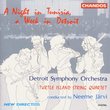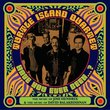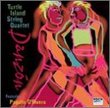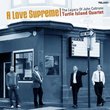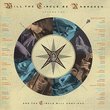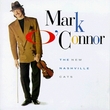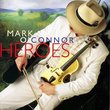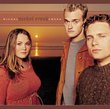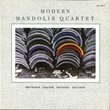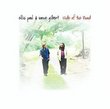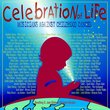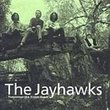| All Artists: Michael Brecker, Chick Corea, Mark Summer, Jean-Luc Ponty, Leonard Bernstein, Various Composers, Dave Brubeck, Leo Kottke, Danny Seidenberg, Egberto Gismonti, David Balakrishnan, Turtle Island String Quartet Title: Art of the Groove Members Wishing: 3 Total Copies: 0 Label: Koch Int'l Classics Release Date: 9/26/2000 Genres: International Music, Jazz, Special Interest, New Age, Pop, Classical Styles: Jazz Fusion, Modern Postbebop, Bebop, Meditation, Chamber Music Number of Discs: 1 SwapaCD Credits: 1 UPC: 099923750024 |
Search - Michael Brecker, Chick Corea, Mark Summer :: Art of the Groove
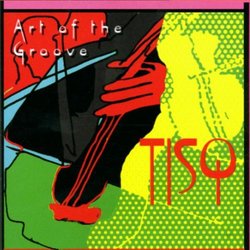 | Michael Brecker, Chick Corea, Mark Summer Art of the Groove Genres: International Music, Jazz, Special Interest, New Age, Pop, Classical
|
Larger Image |
CD DetailsSimilar CDsSimilarly Requested CDs
|
CD ReviewsThis is not your mother's string quartet 10/20/2003 (5 out of 5 stars) "I being a cellist myself found this inventive group amazing. I was privileged to work with them in a teaching environment and I believe that I was not the only one blown away. This traditionally looking quartet played music that would normally be played by brass groups. If you enjoy jazz and blues music with a different twist you'd love this album. If you have the chance to see them live don't miss your chance. I love this album." Art of the groove Ylime | Iowa | 12/11/2004 (5 out of 5 stars) "I am a high school violinist that got to be part of a master class with this group and they were amazing! I could listen to them for hours." This Almost Works Karl W. Nehring | Ostrander, OH USA | 08/11/2009 (4 out of 5 stars) "This almost works. The expressed intent is to combine a classical format (the string quartet) and a contemporary sensibility to make music that is at once serious and swinging. As usual for such undertakings, however, the listener winds up thinking, "I wish this were either more serious or more swinging." There are some nice moments scattered throughout the 11 cuts; the most successful cut to these ears is the group's rendition of Chick Corea's "No Mystery" (an old favorite from my fusion-loving days back in the '70s, when Return to Forever was, for a time, one of my favorite bands), which really does come across as both serious and swinging.
A quick illustration of how this concept does not quite work, however entertaining it might be in many places, can be found in TISQ's arrangement of Dave Brubeck's "Blue Rondo a la Turk." The group's cello occasionally adopts the bass line, but when you really get down to it, a cello is an inadequate substitute for a bass (as in "No Mystery," where in the original RTF version, Stanley Clarke did some wicked bowing on his bass to drive things along, an effect that TISQ does not even come close to duplicating), making the overall sound a bit unsatisfying. But when the cello switches to the melody later on in the piece, there is no bass line at all to drive things along--and without bass to drive things along, the groove gets lost, making the whole arrangement sound more prissy than groovy. Even with these shortcomings, this is an interesting recording that is well worth an audition,and you have to give TISQ credit for trying. In addition, the sound quality is excellent, striking a nice balance between close-up detail and room bloom (there is a brief explanation offered of the recording technique, which may make audiophile purists blanch--but the proof is in the pudding, which is quite sonically tasty). The disk is HDCD-encoded." |

 Track Listings (11) - Disc #1
Track Listings (11) - Disc #1